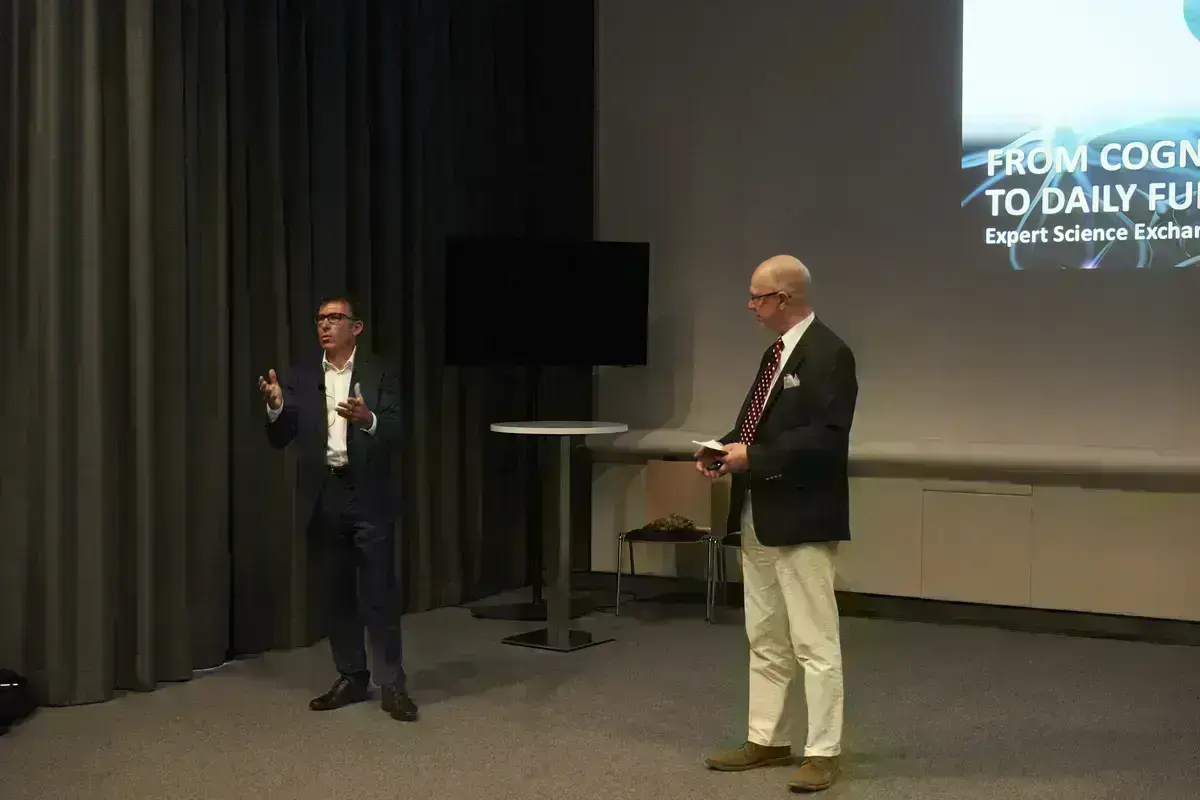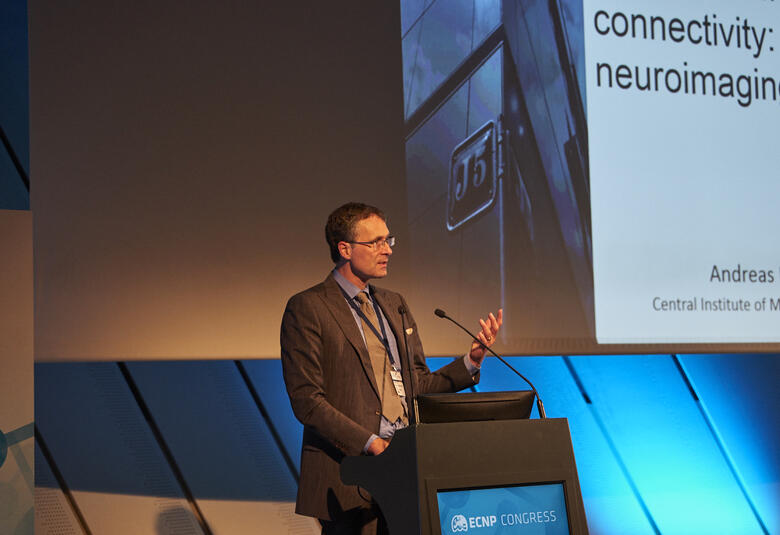The ROAMER (Roadmap for Mental Health Research in Europe) project was a huge step forward when its findings was first published in 2015. At last, a unified strategy for research into mental health had been agreed amongst the various stakeholders. Now all that remains is for ROAMER to become policy among the various agencies responsible for research funding.
Mental illness now is like cancer was in the 1950’s
ROAMER project coordinator, Professor Josep Maria Haro, Barcelona, Spain, during an EPA 2018 symposium entitled ‘Setting priorities for mental health research in Europe’, likened the current situation of mental health to that of cancer in the 1950’s. Back then, cancer, too, was a disease associated with stigma, and with no effective therapy. However, societal movements pushed for things to change and now cancer research is extremely well funded and those diagnosed with cancer are well supported. “We need to push policy makers to make this happen in mental health,” Professor Haro stated.
In the 1950’s, cancer, too, was a disease associated with stigma, and with no effective therapy until society pushed for change
Bang for buck in mental health
Those behind ROAMER have been proactive in making the case that agencies can get a lot of “bang for their buck” in funding mental health projects. According to Professor Dame Til Wykes, the attention of finance ministers can be gained by pointing out that for every £1 spent on research into mental health, there is a 37 pence return on investment in terms of increased productivity every year. “After 3 years, profit is actually being made - that’s a 37% return on investment in perpetuity,” she said.
For every £1 spent on research into mental health, there’s a 37 pence return on investment in perpetuity
Indeed, ROAMER has been accepted and is currently being implemented by the UK Government as the framework for mental health research in the UK for the next 5 years. However, as Professor Wykes pointed out, it will be important to always keep patients’ benefits in mind – and not solely focus on reducing the cost burden of mental illness.
Different perspectives on effective mental health intervention
Patients and carers have different opinions on what constitutes an ‘effective’ mental health intervention and a desirable outcome, compared to psychiatrists, Professor Antonio Fiorillo, Naples, Italy, reported. Therefore, to gain better insights and better buy-in of key stakeholders on what optimal research outcomes might be, ROAMER sought their input in two different ways.
The first was through a series of 3 meetings with 26 European professional associations;, the aim of which was to identify how best to engage with stakeholders, to identify gaps, advances and priorities in well-being research and, finally, to devise road maps for future research studies.
The second means was through a survey to explore views about priorities for, and the current level of development of mental health research in Europe. In total, 108 associations from 27 EU countries contributed and the views of psychiatrists, other mental health professionals, patients/carers and psychiatric trainees were captured.
Consensus needed between key stakeholders
Unsurprisingly, different groups had different research priorities. Physicians prioritized research into the development of new medicines; patients and carers were more interested in new psychological therapies. However, all groups agreed that most research had been conducted in the clinical characterization of mental disorders, suicide prevention, the development of new medicines and the early detection of mental illness.
The overall conclusions drawn from this research were that future research initiatives need to rebalance in favor of psychosocial and health service studies, areas in which all stakeholders agreed were priority, but for this to happen patients and carers need to be involved at all phases of the research process.
Future research initiatives need to rebalance in favor of psychosocial and health service studies
Current state of psychology
Given the rising emphasis on the need for psychosocial interventions in the management of mental illness, Professor Hans-Ulrich Wittchen, Dresden, Germany, gave an overview of the current status and ROAMER’s working party into psychological approaches and treatments.
A number of task forces were established to investigate various aspects of psychological research that need to be undertaken. Their key findings were:
- improved basic research into the basic underlying mechanisms is needed through an integrated approach
- the way that psychological factors affect health-related behavior needs further investigation
- mental illness development over the patient lifespan needs to be better understood so that critical trajectory points can be recognized, thereby paving the way for earlier interventions
- the role of moderators and mediators in psychotherapy needs to be further investigated in order to better understand how interventions, such as cognitive behavior therapy (CBT), work
ROAMER will help to facilitate the improved translation of basic and applied psychology into effective therapies
Professor Wittchen believes that ROAMER will facilitate construction of a European platform, where the improved translation of basic and applied psychology into effective therapies will be permitted.
Further reading:
- www.roamer-mh-org/
- Wykes T et al. Lancet Psychiatry 2015; 2: 1036-42.
- Wittchen H et al. Int J Methods Psychiatr Res 2014; 23 (Suppl 1) 1-4.




